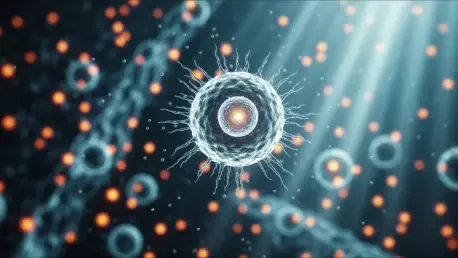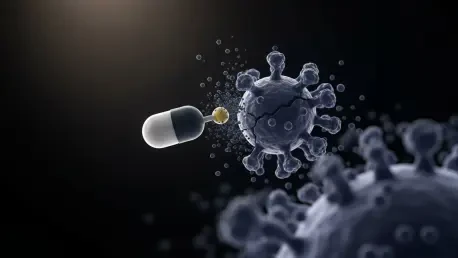
The journey to bring a new medicine to market is a monumental undertaking, frequently spanning over a decade and consuming more than two billion dollars in investment, a reality that has long created a significant bottleneck in addressing pressing global health challenges. In this high-stakes

The home of Barbara and Dennis Meade in Ypsilanti, Michigan, is filled with the unmistakable artifacts of significant health challenges, from the walkers and wheelchairs to the oxygen tanks required for Barbara's chronic respiratory disease. Yet despite these daily realities and their shared,

In a significant breakthrough for neurodegenerative medicine, Swiss biotechnology firm AC Immune has announced highly encouraging interim results from a clinical trial of its experimental Parkinson's disease vaccine. The therapy, ACI-7104, represents a pioneering approach that aims not just to

A new pharmaceutical agent is now demonstrating the ability to help individuals shed nearly a third of their body weight, a result that blurs the line between medication and major surgical intervention. This development represents more than just another option in the fight against obesity; it

The perplexing and often heartbreaking phenomenon of cancer recurrence following initially successful treatment has long been a central challenge in oncology, driving a significant number of cancer-related fatalities worldwide. Patients and clinicians are frequently confronted with the reality that

An extensive analysis of a recent international study highlights a significant advancement in treating early-stage, hormone receptor (HR)-positive, HER2-negative breast cancer, which is the most common subtype affecting approximately 70% of all patients. The landmark lidERA clinical trial